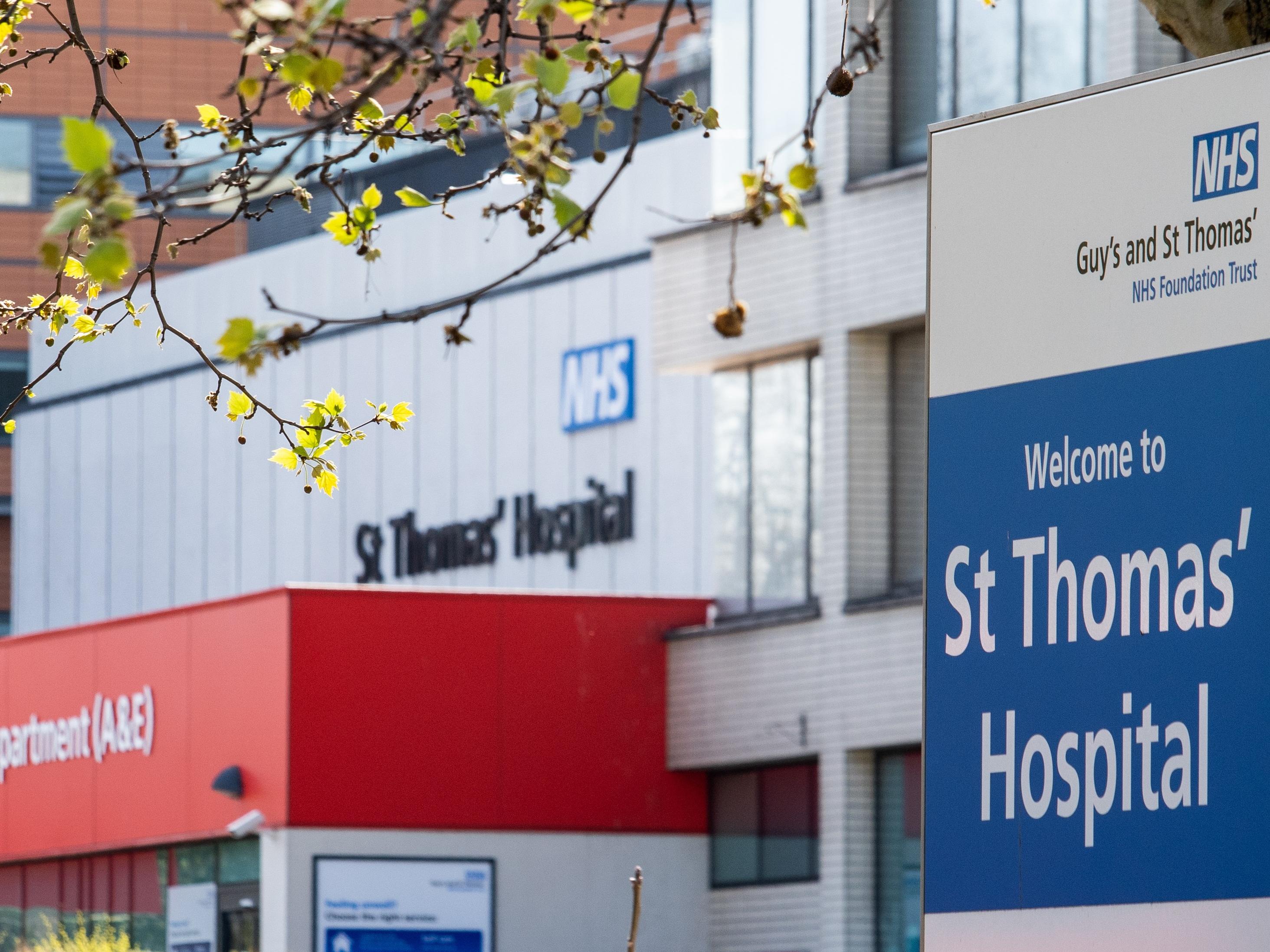
Brian Sims
Editor

Brian Sims
Editor
THE NATIONAL Health Service Counter Fraud Authority (NHSCFA) has presented its Annual Report and Accounts for 2023-2024 to Parliament. The Annual Report details the organisation’s performance and use of resources up to the end of the last financial year, duly setting out how, in conjunction with its various stakeholders, the NHSCFA has performed in respect of its strategic objectives and financial/non-financial targets.

The overall counter fraud savings financial target for the previous three-year strategic period ending in March 2023 was circa £400 million. The NHSCFA reported a final figure of £500.7 million achieved in its previous Annual Report.
Overall counter fraud savings for the life of the 2023 to 2026 NHSCFA Strategy, encompassing the detection and prevention of fraud and the recovery of funds, will be £500 million. This is an aggregated target across the ‘health family’, overseen by the Department of Health and Social Care and co-ordinated and led by the NHSCFA.
In 2023-2024, the NHSCFA’s target for counter fraud savings was £138.28 million. Including fraud detected, the organisation is highlighting savings of £184.60 million during this reporting period.
The £184.60 million is 36.9% of the NHSCFA’s strategic three-year target of £500 million. A comparison of the trend from the first year’s achievement in the 2020 to 2023 strategic cycle shows that, in the first year of that strategy, the NHSCFA achieved £55.2 million (or 13.8%) of a £400 million strategic three-year target.
Benchmarking in the healthcare sector
The NHSCFA provided data allowing individual health bodies to monitor and benchmark their own counter fraud outcomes and performance against other health bodies. The organisation amassed data on both proactive and reactive counter fraud activity at the local level.
Further, the NHSCFA collated this data and reported it back to the health sector, providing individual health bodies with information regarding their own performance, which will subsequently enable them to compare their achievements against others.
Where reports are submitted to the NHSCFA that require itsurgent attention, the organisation aims to make sure these are actioned as a matter of priority. In this reporting year, the NHSCFA’s evolved intelligence function introduced a revised process which has resulted in 100% of all urgent referrals being actioned within one week of receipt.
Principally criminal investigations undertaken by the NHSCFA, the financial values for enforcement activity achieved £12.41 million against a set target of 12.4 million.
Having identified that existing joint working and support provision for the NHS fraud community was a risk and serving to undermine the ability to proactively fight fraud, the NHSCFA continued to develop its new operating model. The work of the dedicated Fraud Hub has mitigated this risk.
Cyber threats have been monitored to ensure the controls in place are efficient and effective. The evolution – and increasing use – of Artificial Intelligence has been tracked and the potential effects are now being considered.
Significant achievements
Tom Taylor (chair of the NHSCFA) stated: “Over the past year, we have recorded a number of significant achievements. Those achievements have included an eleven-year sentence in the wake of Operation Bukowski, the largest sentence the NHSCFA has ever achieved. Our colleagues who worked on these cases deserve a huge amount of credit for the diligence they’ve shown in bringing people who defraud the NHS to justice.”
Taylor added: “Project Athena, which launched in February, remains in its early stages. It aims to deliver a dedicated response to fraud by identifying patterns in key areas using data. However, over the coming year, there will be more to report on what it’s achieving and how it’s actively improving outcomes to help detect instances of fraud within the NHS.”
Alex Rothwell (CEO of the NHSCFA) added: “Our performance has been met through our integrated planning approach, monitoring, discussing and reporting against our organisation’s Business Plan for the year. There’s always a need to provide assurances that we’re achieving our objectives.”
Rothwell went on to state: “We’ve demonstrably delivered on our counter fraud aims, from enabling financial impact across the health group right through to our activity across the strategic pillars. I would like to commend the hard work of our counter fraud community and the work of our people in diligently progressing our counter fraud agenda.”
Further, Rothwell observed: “Corruption and fraud are well-documented global issues. On that basis, we’ve continued to build strong relationships with international partners. We have re-joined the European Healthcare Fraud and Corruption Network (EHFCN). This has benefited us through the understanding of Best Practice, data analytics, methods and technology. The EHFCN supports its members in their work dedicated to prevention, detection, investigation, prosecution and redress of healthcare fraud, corruption and waste.”
In conclusion, Rothwell said: “Internally, our Fraud Hub has been operating for over a year now and has witnessed some big successes, particularly so in terms of some high-profile cases. This also includes supporting activity undertaken by our Local Counter Fraud Specialists, which has brought demonstrable improvements and results.”
*Read the 140-page NHSCFA Annual Report 2023-2024 online by visiting GOV.UK